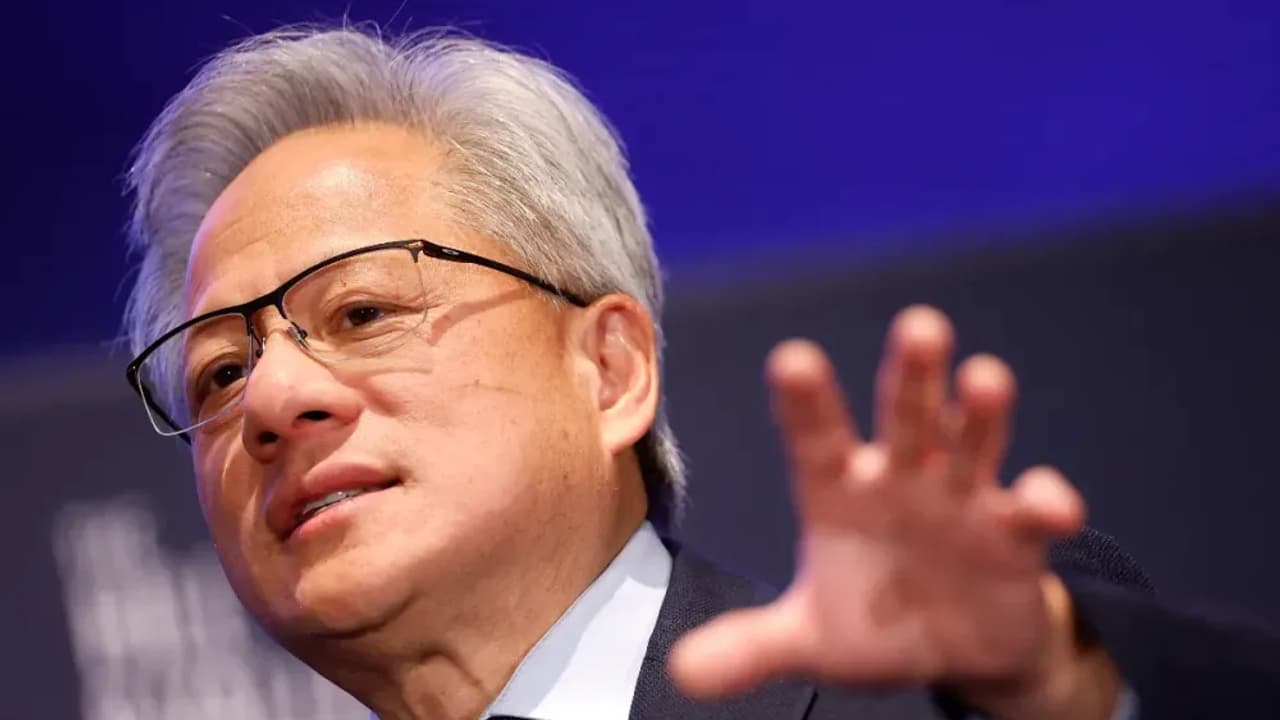The senators have called on Nvidia to provide a comprehensive timeline and explanation of the project, including details of any planned research and engineering activities at the site.
Nvidia (NVDA) is facing new political scrutiny over its planned expansion in China. Senators Elizabeth Warren and Jim Banks reportedly sent a letter to CEO Jensen Huang, warning that the company’s proposed Shanghai facility could pose a national security risk by exposing sensitive technology to the Chinese government.

According to The Wall Street Journal (WSJ), the senators have called on Nvidia to provide a comprehensive timeline and explanation of the project, including details of any planned research and engineering activities at the site, as well as disclosures about the financial incentives involved.
The facility “raises significant national security and economic security issues that warrant serious review,” they said in the letter seen by WSJ.
Nvidia responded to the report by stating that it was merely leasing space for existing employees returning to the office after the COVID-19 pandemic. A company spokesman reportedly said that there are no plans to transfer advanced chip designs or expand the facility's scope of work.
The letter from Warren and Banks follows recent remarks from Huang, who criticized U.S. export controls as ineffective, arguing they have only pushed Chinese companies to become more inventive.
The concern comes at a time when Nvidia remains caught in the middle of the escalating U.S.-China tech rivalry. The Trump administration has tightened export controls on semiconductor sales to China while allowing greater access for U.S. allies.
Recent reports indicate that the Trump administration has instructed U.S. electronic design automation (EDA) companies, including Cadence Design Systems (CDNS), Synopsys (SNPS), and Siemens (SIEGY), to cease selling chip design software to Chinese companies as part of its broader efforts.
On Wednesday, Nvidia disclosed it had taken a $4.5 billion hit in its latest quarter tied to new restrictions on H20 chips announced in April.
Despite regulatory pressure, Nvidia reported revenue of $44.06 billion in its most recent period, up 69% from the same period a year ago, resulting in a slew of price target hikes from Wall Street. The company warned that options for selling chips in China remain limited under the current policy framework.
Nvidia’s stock rose 4% in morning trade on Thursday. The shares have gained more than 3% this year and over 24% in the last 12 months.
For updates and corrections, email newsroom[at]stocktwits[dot]com.<
Read also: Nvidia’s Stock Jumps Pre-Market On Wave Of Price Target Hikes After Strong Q1 Earnings
